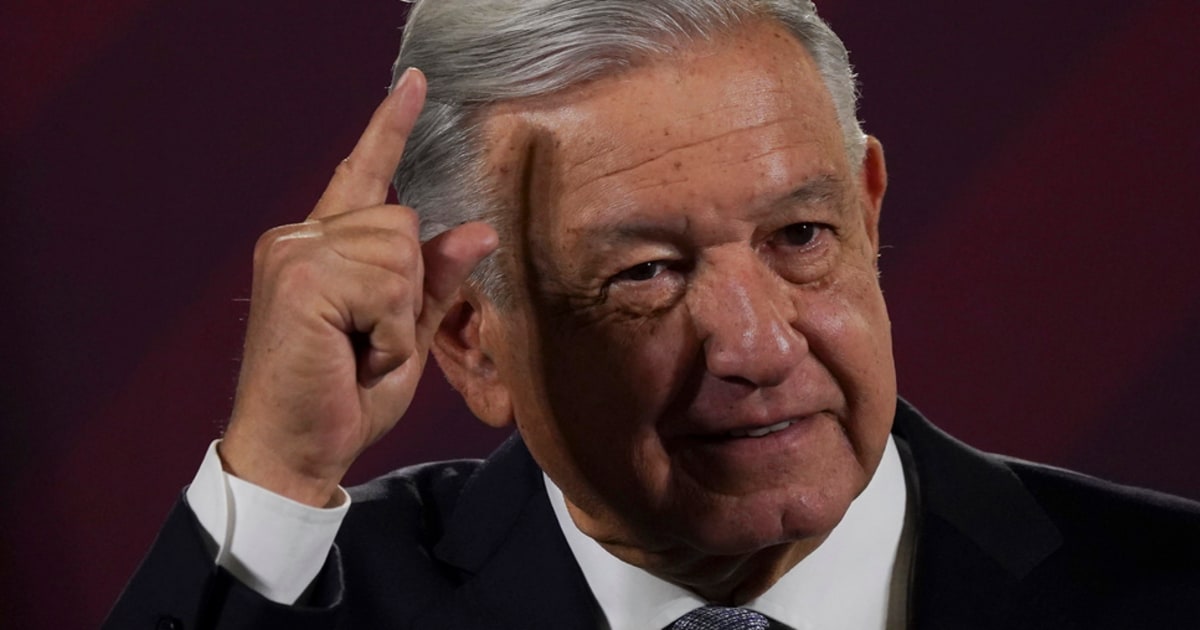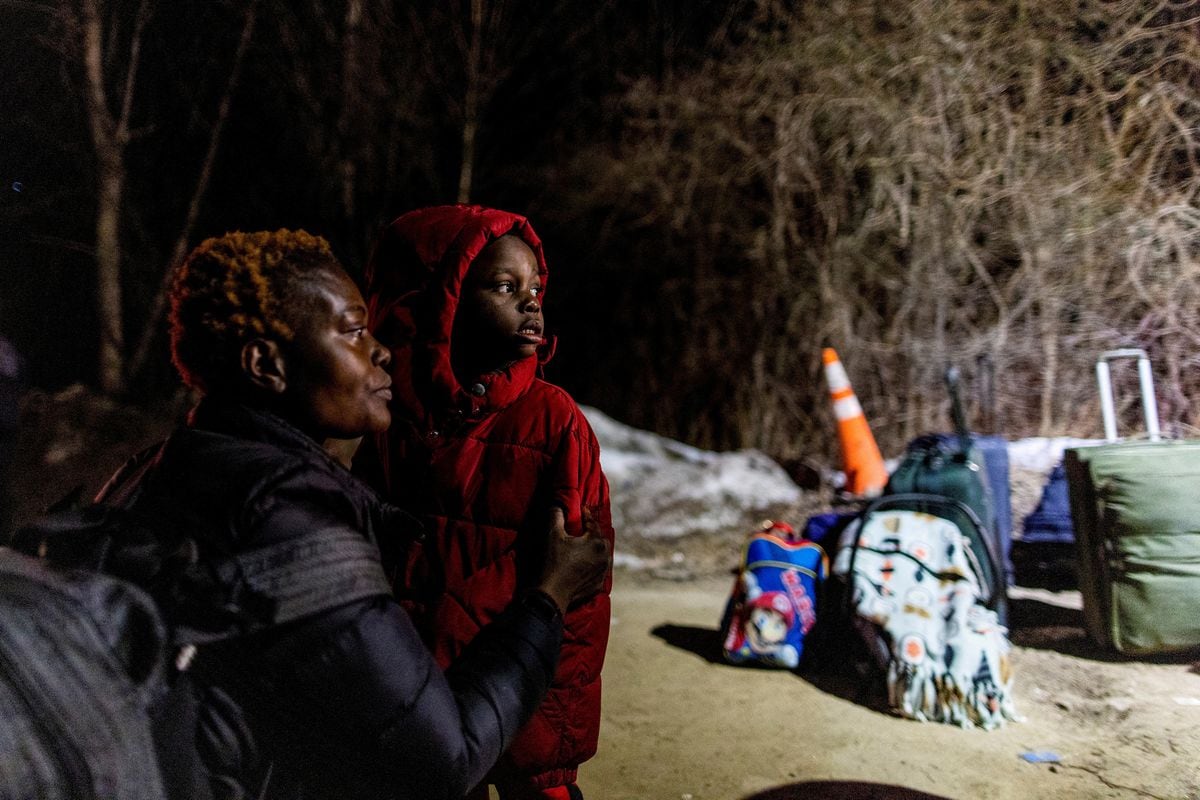Two letters that are almost impossible for Mexicans to pronounce, especially if someone asks them for something.
No: a word that expresses an outright denial and leaves no possibility open.
Although according to Corin Robinson, United Kingdom ambassador to Mexico, it is a common custom between both nations.
Brits don't like to say 'no'.
I think Mexicans too, right?
Here are several phrases in English that mean "no" without saying it.
And in Spanish?
What are the phrases they use here in 🇲🇽?
https://t.co/jse2dirw6N
- Corin Robertson (@CorinRobertson) October 11, 2020
"I'll let you know", "I'll review it calmly", "I'll mark you later" or "let me think about it" are some of the classic formulas to express an indirect negative.
"In Mexicans it is linked to a psychological issue because we do not feel capable of making the final decision, of having power over the relationship with another person", says to
Verne
Georgina Barraza Carbajal, PhD in linguistics and grammar at the Academia Mexicana de language.
As it comes to denying, there are numerous resources to turn the matter around.
"We have so much rejection of no, that we use opposite forms, such as starting by saying yes," says
Verne
Arturo Hernández Bravo, academic at the Faculty of Philosophy and Letters at UNAM.
"Things like 'I would love to see you, but I don't have enough time', and we usually give explanations to justify the refusal," says the academic. "I turn around", "let me ask and we'll see it" or "in these walks", depending on the context, they are also other forms that have a no behind.
Too much kindness
Asking for a location on a street in Mexico can take you many places and fill you with wrong explanations.
“We are used to believing that saying yes to everything is an indicator of kindness and courtesy,” says Barraza.
The search for sympathy is such that it is common to hear phrases like “my house is your house” or to say “send” when someone asks for something, a phrase that confuses people of other nationalities a lot.
"Give me a chance to see it and I'll call you back", or "I'd love to, but ..." are other phrases frequently used to lengthen the situation without rejecting the offer.
"The interlocutor has no way of knowing when the time will come or the reason for our justification will pass, so he falls into ambiguities," says Hernández Bravo.
In linguistic matters, elaborating such broad explanations to say that it does not require extensive use of words, something like a baroque of the Language.
“When we give an order it is never encoded with an imperative verb, but rather we encode it through questions,” explains Barraza.
"'Would you be so kind as to lend me your salt?'
Instead of just saying 'give me the salt, please', because we find it offensive, "says the linguist.
And why not, use diminutives to extend the negative to infinity: "I'll check it right now" or "I'll call you in a little while."
And of course, the courtesy also includes a "thank you" at the beginning, but in many cases it is usually a denial of an offer.
"Do you want to sign this petition to save the
tamagotchis
?"
"Thank you," someone says while waving and walking away.
In his book
Anatomy of the Mexican,
the sociologist Roger Bartra points out that the natives subjected by the Spanish were not allowed to say no.
A custom that prevails almost 500 years after the fall of Mexico-Tenochtitlan.
"The confrontation is something that Mexicans reject and it has to do with our history," says Barraza.
The pandemic: the perfect pretext
Explanations abound, but the pandemic derived from covid-19 has given Mexicans a new reason to postpone or refuse plans.
"If you invite me somewhere, I can now say 'Yes, but now that Susana Distancia allows it', 'as soon as the pandemic passes' or 'now that the traffic light turns green,'" explains Hernández Bravo.
The widespread use of electronic media derived from the health contingency has also created a new form of communication, which includes the use of emojis in text messages, or the habit of making video calls.
"I couldn't talk to you because my internet went down", "my camera is useless" and "the computer crashed", with some of the ambiguous refusals faced by those who continue in confinement.
The arrival of a vaccine can put an end to social distancing, however, Mexicans can continue to identify when someone gives us long without openly saying no.
"The intonation of a person or that someone simply reacts with a hand with the thumb up are clear examples that they are saying no to us," says Barraza.
From the creators of "I warn you" and "We are in contact" comes ... "Now that all this happens."
🤣🤣
- Cristian Rivero (@_CristianRivero) October 14, 2020
Follow Verne México on Facebook, Twitter and Instagram and don't miss your daily ration of Internet wonders.





/cloudfront-eu-central-1.images.arcpublishing.com/prisa/P6ISWAM2XNDYVLVT43HUMDP4PM.jpg)



